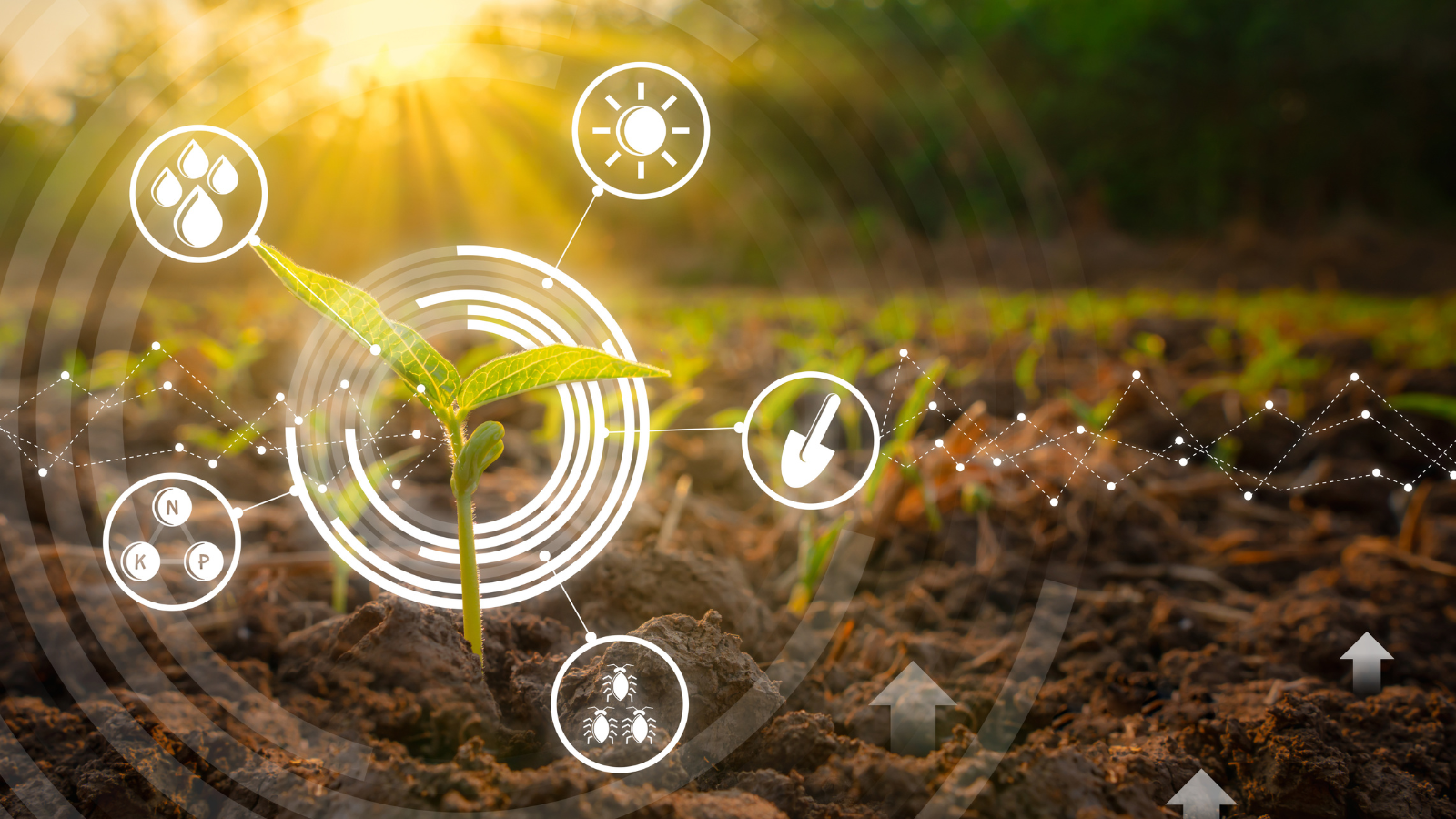.png)
When Did Horticulture Interview Questions Get So 'Technical'? The Importance of Digital Skills
In my last blog for the site, we had just returned from the Four Oaks Trade Show and something that’s stuck with me since has been the emphasis on digital and technical skills, which as a topic came up over and over again. Whether it’s agronomists using precision data or nurseries trialling automation, it’s clear that the future of horticulture and fresh produce will require people who can combine practical know-how with tech smarts.
For us as recruiters, that’s a huge opportunity, and also a huge challenge. We’re helping businesses not only find the right talent today but also plan for the skills they’ll need tomorrow. That might mean thinking creatively about training, career development, or even hiring from adjacent industries. Something we’re constantly trying to stay ahead of the curve on.
Over recent months, HortWeek has featured a growing number of stories about how digital tools, sensors, data analytics and automation are moving from “nice to haves” into must-haves in many horticulture and fresh produce operations. For instance, one new product detail uses a kind of “yo-yo” mechanism to support branches and reduce breakage in fruiting crops. It’s a small but telling example of how mechanical or digital support systems are creeping into more and more fields.
But why is this shift so interesting and important from a recruitment perspective?
First of all, it massively changes the kinds of skills that are in demand. Employers are increasingly on the lookout for people who not only understand plant science, crop protection, or substrate chemistry but can also work with sensor data, interpret monitoring dashboards, or even program automation routines. Whereas once a grower might have asked, “Do you know your potting mixes?” now they may ask, “Can you integrate environmental sensors to minimise variance in temperature/humidity across benches?” - things are definitely changing.
Something I had also noted is that the adoption of smart systems tends to be gradual and hybrid. Most growers don’t seem to be ripping out all their old methods overnight. Instead, they insert digital tools alongside existing workflows, run pilots, expand in corridors or zones, and then scale out. That means roles are evolving: somebody might start as a technical operator but transition into an “automation liaison” or a “data-interpretation lead.” For us, this matters because we’ll now often be looking for hybrid profiles, not pure data scientists, not just horticulturalists, but people comfortable straddling both worlds.
Something that’s hugely positive about this shift is that smaller growers and niche producers are increasingly able to access digital tools that were once the preserve of large, capital-rich operations. As sensor costs drop, data platforms become more modular and even medium or modest operations can begin installing climate sensors, crop health monitoring, or automated fertigation systems. That democratisation will mean a broader market for roles tied to digital horticulture, not just in big firms, but across smaller or regional businesses. We may see more demand in regions outside the traditional “horti clusters.”
What does this mean for job-seekers and hiring managers?
For candidates: don’t panic, this is a great time to build or highlight digital competence! If you’ve done anything with sensors, environmental monitoring, greenhouse control systems, or data dashboards, then make sure it’s visible on your CV - we’ll be looking out for it. If not, then consider short courses, hands-on projects, or collaborating internally in your current role to learn those tools. For employers: when writing job specs or interviewing, think carefully about how “digital literacy” or “automation aptitude” fits into the role. Be realistic about expectations: many good horticulture professionals will be enthusiastic about digital, but need training or support, so mix in mentoring or gradual upskilling.
If you’d like to discuss how that shift is already influencing roles in horticulture and fresh produce, or where the biggest gaps are right now, drop me a line! I’d be happy to discuss what I’m seeing in the market, what kinds of profiles are getting snapped up, or how to position yourself (or your team) to ride this wave of digital uptake.
